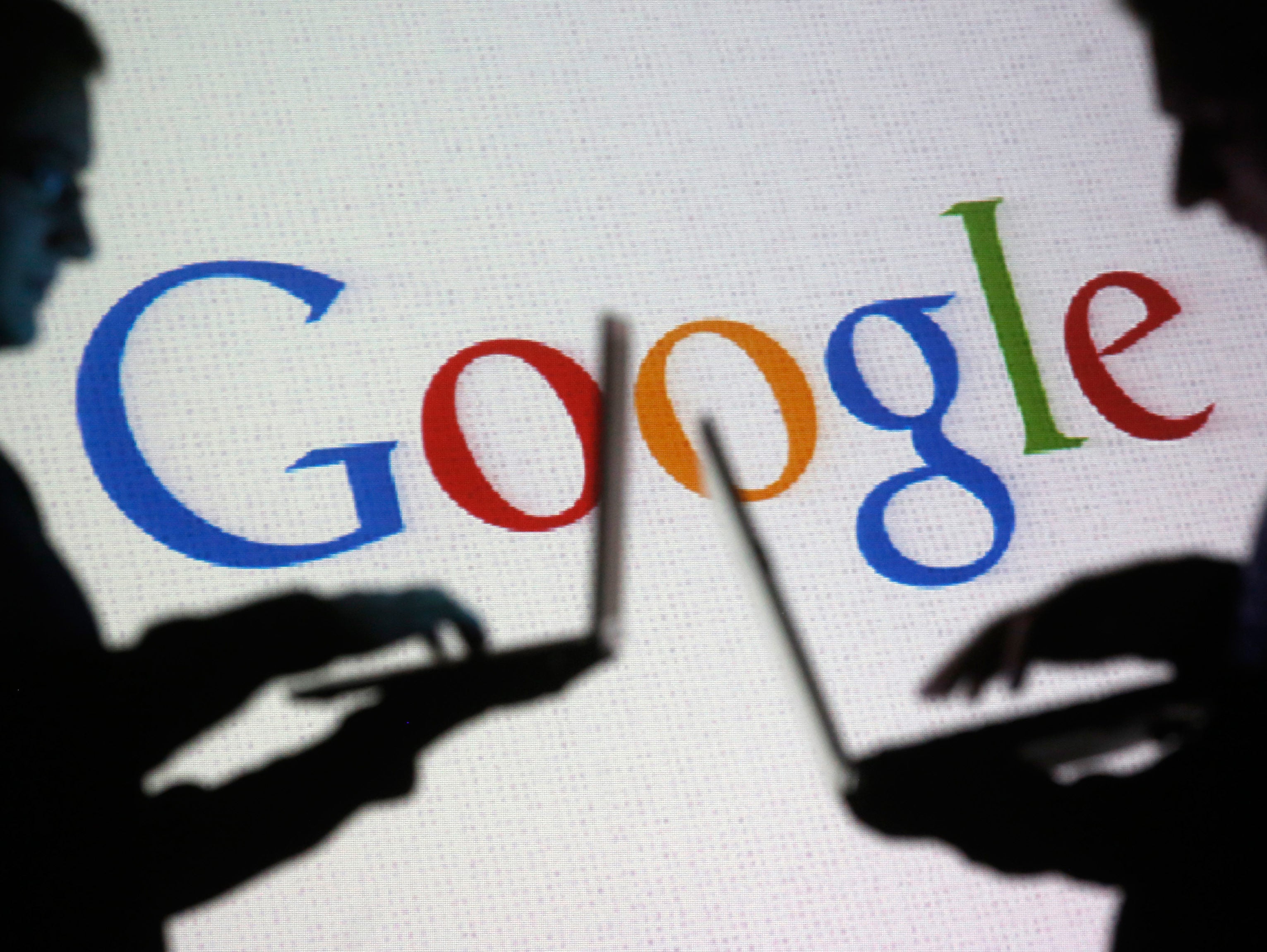
Google has announced a partnership with a global fact-checking network with a view to boosting its ranks and expanding the practice, while also helping develop new tools and software solutions for organisations.
The link-up with the International Fact-Checking Network (IFCN) at the Poynter Institute follows a year after Google introduced its Fact Check tag feature showing search users when a claim has been verified or debunked.
Google has said its partnership with the IFCN, whose signatories include the likes of the Associated Press and the Washington Post, will focus on “increasing the number of verified fact checkers through a combination of efforts” including workshops and coaching.
The web giant also said it wanted to “expand fact checking to more regions” by translating the network’s Code of Principles into ten languages and “ensuring credible fact checkers can apply to participate” in the network.
It said it would provide fact-checking tools “at no cost” to the IFCN community as well as training and access to volunteer software engineers who will attend the annual Global Fact-Checking Summit.
“Ultimately, these partners can help make sure that the content on Google Search and Google News has been accurately fact checked,” it said.
Fact-checking organisations sprung up around the 2016 US presidential election with the rise of “fake news”, such as false claims that the Pope had endorsed then candidate Donald Trump.
A number of organisations exist in the UK, including charity Full Fact, BBC’s Reality Check and the Independent’s InFact.
However, fake news – defined as an entirely fabricated claim made for profit or propaganda purposes – is generally considered to be less of a concern in the UK by comparison to the US.
Picture: Reuters/Dado Ruvic/File Photo
Email pged@pressgazette.co.uk to point out mistakes, provide story tips or send in a letter for publication on our "Letters Page" blog






